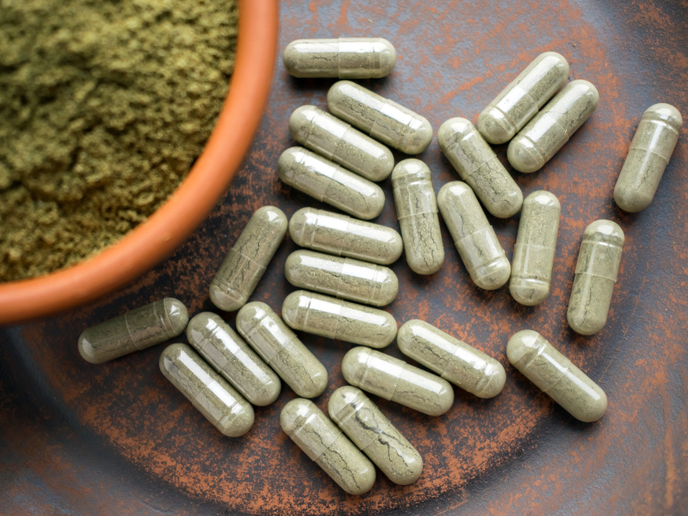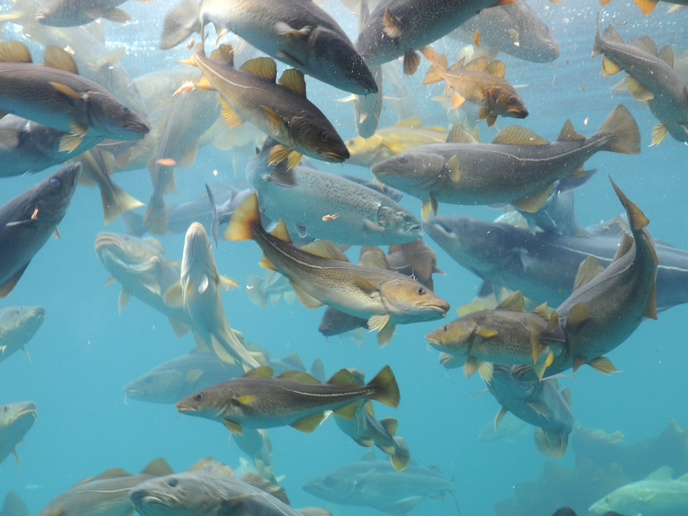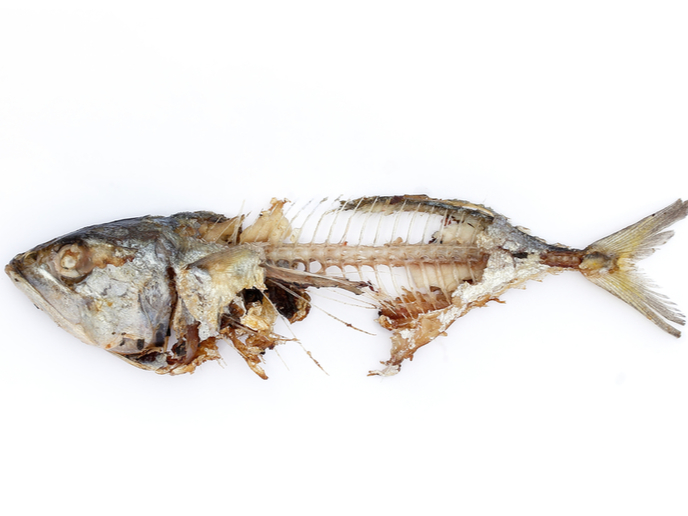Omega-3 from seaweed
Omega-3 fatty acids are known for their capacity to prevent cardiovascular disease. Astaxanthin, a carotenoid pigment with antioxidant capacity has received great interest due to its ability to cross the blood-brain barrier. It is considered a high-value added compound for the protection of the central nervous system and for preventing diseases such as Alzheimer and dementia. The traditional chemical synthesis of astaxanthin and extraction practices of omega-3 suffers from low efficiency and lead to overfishing and high energy consumption. To meet the growing demand of these compounds, the EU-funded VOPSA2.0(opens in new window) project proposed to obtain omega-3 and astaxanthin from marine microalgae through a sustainable industrial bioprocess. VOPSA2.0 was coordinated by the Neoalgae(opens in new window) biotechnology company in Spain. “The idea was to develop an extraction approach that is both environmentally friendly and can produce the tonnes of omega-3 and astaxanthin required every year,″ explains project coordinator María Álvarez. Culturing algae to industrial scale By culturing sea algae, researchers managed to scale up the process to industrial scale while leaving marine resources unaffected. Microalgae have a growth rate similar to bacteria or yeast, allowing large-scale biomass production over a short period of time. To extract omega-3 and astaxanthin from microalgae dry biomass, researchers developed a method of supercritical extraction with carbon dioxide, which bypasses the dangerous use of traditional organic solvents. This approach facilitated the separation of highly pure omega-3 and astaxanthin compounds free of pollutants, without aftertaste and suitable for vegans. Importantly, the entire process was achieved with competitive and stable production costs. In vitro testing of the microalgae-produced omega-3 and astaxanthin validated their safety for dermatology use and led to the launching of a new brand of cosmetic products in Neoalgae, called Alskin. The collaboration with the VOPSA partner Bicosome(opens in new window) led to the development of a breakthrough mechanism for skin delivery of the microalgae using lipid smart technology. This new system, which gave rise to a new brand called Bicoalgae®, has the capacity to penetrate the skin epidermal layers and deliver the omega-3 and astaxanthin superior antioxidant and anti-inflammatory effects where needed. Taking the VOPSA2.0 products to the market Neoalgae plan to commercialise the extracts and their Alskin line, while Bicosome will commercialise the products Bicoalgae® Xanthin and Bicoalgae® omega-3 for treating acne, atopic skin disorders and aging. Furthermore, astaxanthin and omega 3 oils have been produced alongside Spirulina and astaxanthin capsules as nutritional supplements. Overall, the VOPSA2.0 project demonstrated the possibility of sustainably producing high-quality skincare products from marine algae. Apart from their natural origin, these products can be delivered into the skin through a stable, safe and effective formulation. Álvarez is confident that “these products will be a breakthrough in the history of both companies and promote a long-term and successful collaboration.″ VOPSA2.0 allowed Neoalgae to improve their facilities and technological capacity and establish a new industrial plant for the production of omega-3 and astaxanthin. In view of the future, Álvarez emphasises the need for financial support by investors or investment funds to bring the innovative VOPSA2.0 products to the consumer.







